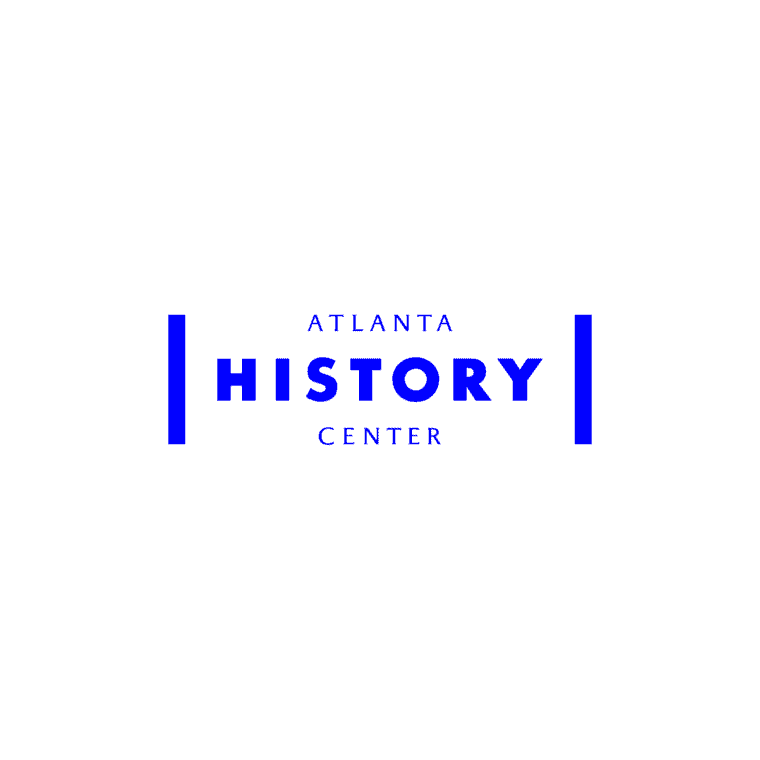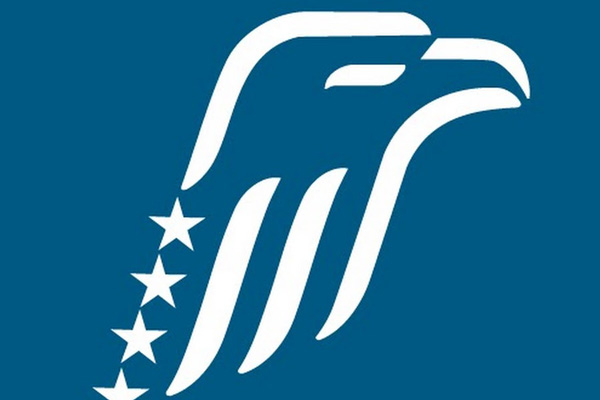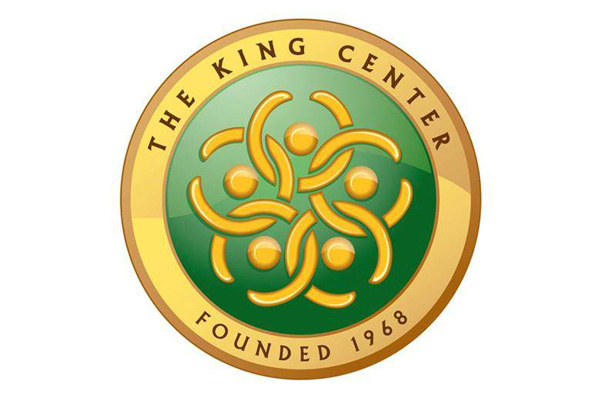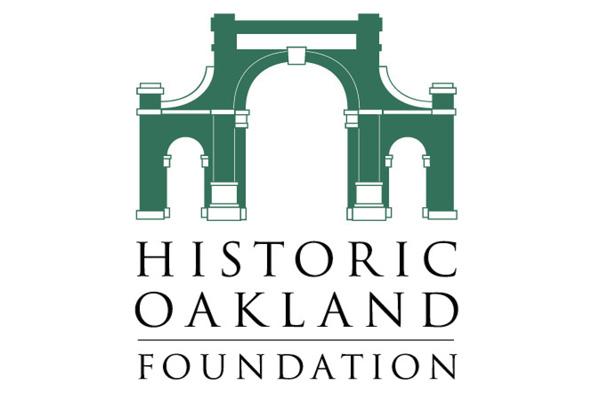
Professional Development
Professional experiences facilitated by the History Department empower students to hone their purpose and carve their professional path beyond Bowden Hall.
Internships
Back to topHistory majors may take one of their eleven required courses in the form of an internship. Internships are unpaid and cannot be used to fulfill one of the major's geographical distribution areas.
Work Hours and Research Paper
Interns work for up to ten hours per week at a history-related institution off campus, after which they write a report on their work (approx. 1000 words) and a research paper (approx. 3000 words). The latter must be a work of original research based on documents or artifacts from the institution.
It is usually written under the supervision of the Director of Undergraduate Studies (DUS), or a faculty member in the History Department with expertise in the appropriate area. It is due on the last day of the semester in which the internship has been done.
Internship Relevance
It is the student's responsibility to find the internship, to explain its historical relevance to the DUS, and to explain the Emory regulations to the institution. The DUS will usually discuss details with the institution to make sure that all relevant parties are in agreement about the requirements.
The DUS has discretion to decide whether the proposed internship is actually relevant to the study of history. Students cannot receive history credit retrospectively for internships undertaken earlier.
You are free to work with any other organization or business so long as the work makes a genuine contribution to your education in history. In recent years history majors have interned at the following places:
Education Abroad
Back to topThe History department encourages students to study abroad. Students should consult Emory College Education Abroad for information on programs, requirements, and application procedures. History courses taken abroad are given the Emory equivalent of History 385 for upper level courses and History 285 for lower level courses.
In general, upper level courses require a paper (of at least 3,000 words) using primary and secondary sources, while lower level courses require less (at least 2,000 words) and more informal writing. All students taking history courses abroad are required to show their written work to the Director of Undergraduate Studies in the History department for final approval of Emory credit.
The History department places no limit on the number of courses taken abroad that can be used towards the major. Students should be aware, however, that only three 200 level courses can count toward the major and should consult with their advisors and/or the Director of Undergraduate Studies about the suitability of their study abroad program.
The History department also supports student study abroad with its Cuttino scholarship program.
Phi Alpha Theta
Back to topThe Phi Tau Chapter of Phi Alpha Theta is the Emory branch of the national honor society for history students. Invitation for membership in the honor society is extended by the department each spring to those eligible students who meet the national qualifications: completion of at least four history courses and ranking in the top one-third of their class.
Committed to studying the craft of history outside the classroom, Phi Alpha Theta organizes lectures, discussions, and various other events to examine history as a profession and a vocation. Although each year's program is reshaped by each successive class, the chapter has been consistent in its attempts to bring students and faculty together as a community of scholars.
Phi Alpha Theta also acts as the History Club for the History Department, which is open to the entire Emory community, although geared to our history majors. Though normally the officers of Phi Alpha Theta (the President, Vice-President, Secretary and Treasurer), elected yearly by chapter members, take the lead in organizing events, all are welcome to meetings and all input is appreciated. Please contact the officers or the faculty advisor, either through the department office or our Learnlink conference site, if you wish to participate.
Chapter Officers, 2023-24
- Samantha Stevens
President - Klaire Mason
Vice-President - Marissa Wilkins
Secretary - Vacant
Treasurer - Iliana Yamileth Rodriguez
Faculty Advisor




